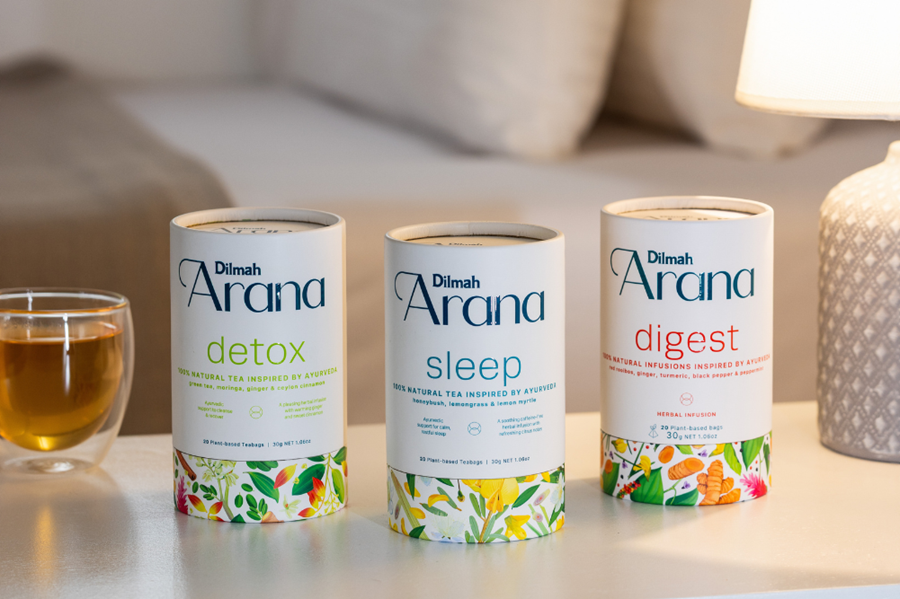Fresh food cuts plastic nasties
In case you have been burrowing to the centre of the earth for the last decade and missed it, there is a lot of concern over the health effects of chemicals that leach out of plastic and into the foods that you eat. Two of the worst offenders are BPA (bisphenol A) and DEHP (bis[2-ethylhexyl] phthalate) and they have a frightening arraying of potential negative health effects. The good news is that new research shows that just changing your diet for a few days can dramatically flush these substances from your system.
Both BPA and DEHP are widely used. BPA is found in the plastic that lines tinned food cans, and in hard clear plastics used in water bottles, bowls, food storage containers, and baby bottles (the latter has seen a drastic move away from BPA recently as health concerns mounted). DEHP most commonly enters your body as it is used in plastic wraps for animal based food stuffs, the highest levels having been found in milk and cheese. DEHP is also often used in medical products involved in blood transfusions and transporting blood.
Both BPA and DEHP influence the hormonal system of your body and the suspected health effects result largely from this effect. BPA is thought to possibly increase risk of heart disease, diabetes, liver problems, and male fertility issues. In children there are fears that excessive BPA exposure negatively impacts development of the nervous system. DEHP has been implicated in obesity, diabetes, issues with the testes in men, and liver problems.
While the evidence regarding negative health effects is disputed there is enough evidence to suggest that getting your levels of BPA and DEHP as low as possible is a wise thing. Now it seems, that may not be so difficult after all.
For this new study adults and children had their urine tested in the evening as a way of measuring BPA and DEHP levels. The measuring was done every evening for eight days. In the middle of that eight day period, the subjects were put on a fresh food diet of organic foods that were not canned or packaged in plastic for three days. So the subjects started with their usual diet, went “fresh†for three days, then went back to their usual diet. During the “fresh†phase, the subjects also stored food in glass or stainless steel containers.
When the subjects switched to fresh foods their average BPA level fell by 60 per cent and their average DEHP level fell by 50 per cent. The drop was even more significant for those with the highest levels of the plastics prior to going “freshâ€. Those high level individuals dropped by 70 per cent for BPA and 90 per cent for DEHP.
The bad news is that this shows that BPA and DEHP levels are being topped up on a regular basis by the foods that we eat. The good news is that you can make big inroads to your own levels quickly by going fresh, organic, and plastic free.
If you want to cut your BPA and DEHP exposure: avoid drinking out of plastic containers, never microwave food in plastic containers, reduce your use of canned foods, and store your food in glass where you can.
Meanwhile if you visit Meijer Ad that contains mostly likewise discounts with Winn Dixie Ad you surely have a range like ALDI Ad.







